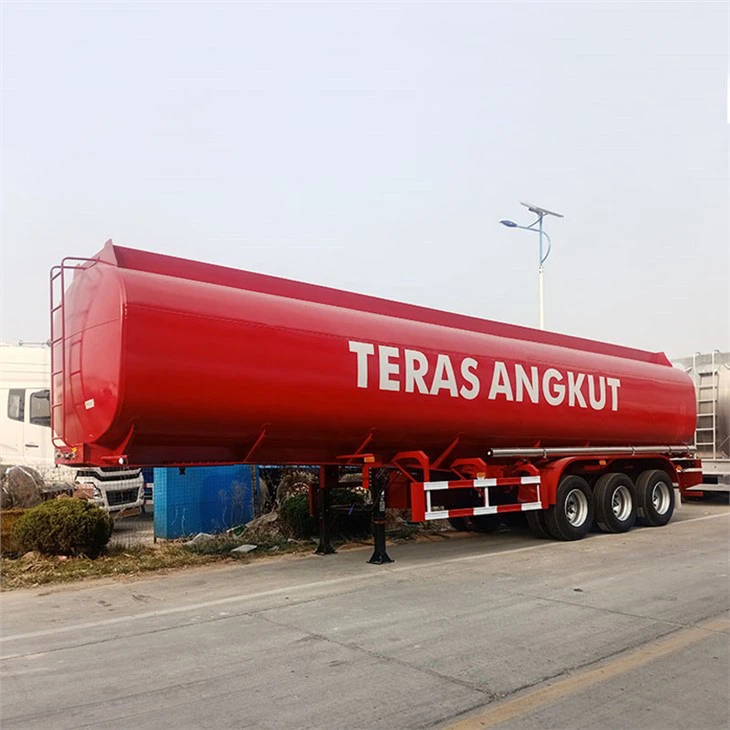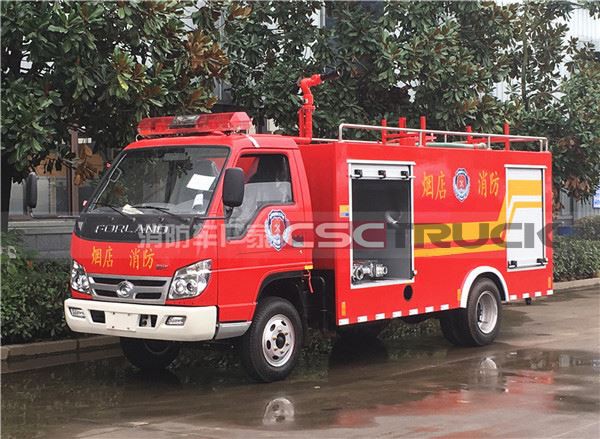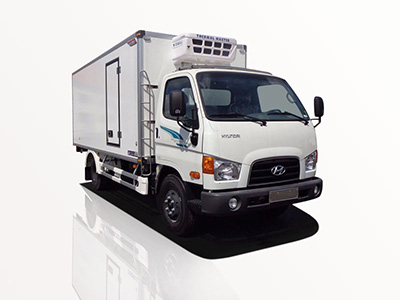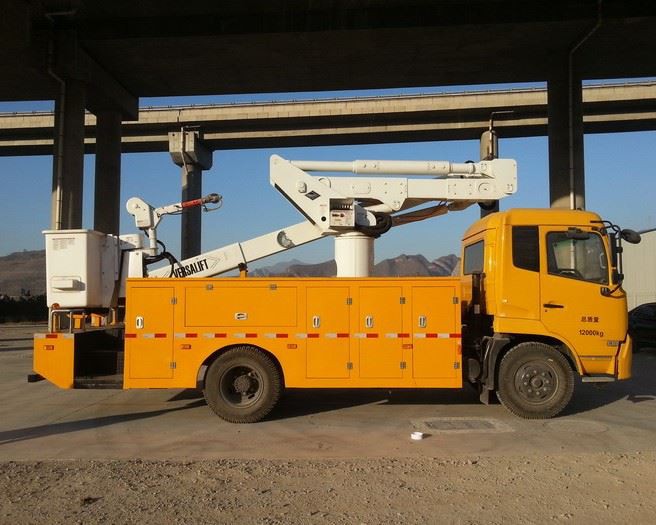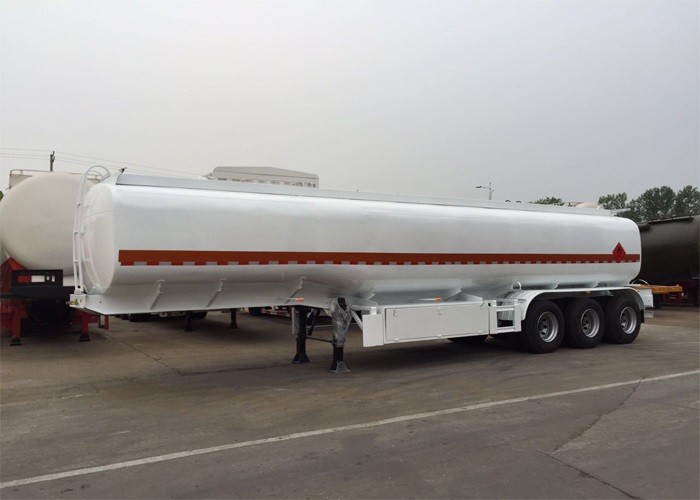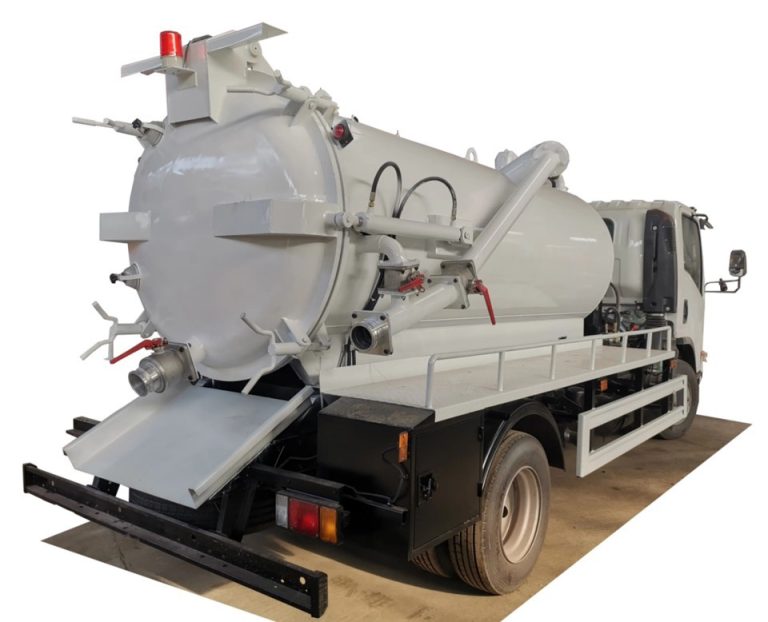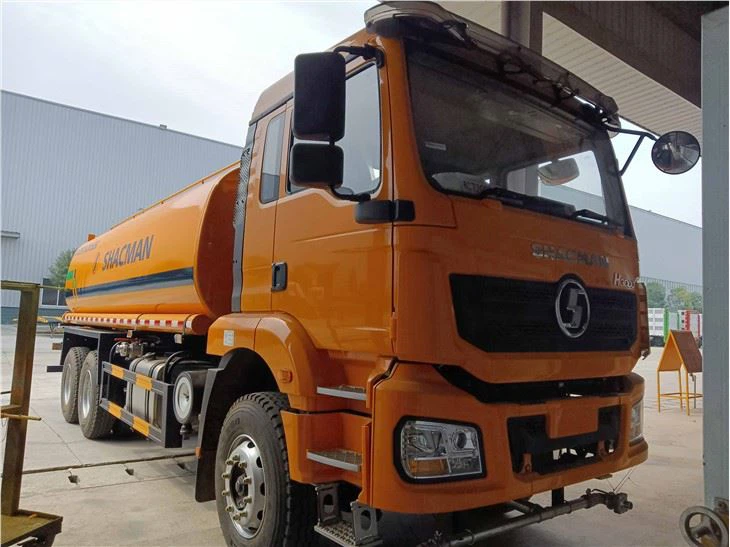Construction water trucks play a crucial role in various construction projects, providing essential water supply for dust control, material compaction, and site preparation. This comprehensive guide delves into the types, uses, components, and considerations for choosing the right construction water truck for your needs.
What is a Construction Water Truck?
A construction water truck is a specialized vehicle designed to transport and deliver water to construction sites. These trucks are equipped with tanks that can hold large volumes of water, allowing them to effectively manage site requirements, such as reducing dust and assisting in the mixing of concrete.
Types of Construction Water Trucks
1. Standard Water Trucks
Standard water trucks are versatile and typically used for general water delivery purposes, such as dust control and soil compaction. These trucks can range from smaller units with capacities over 1,000 gallons to larger trucks capable of holding 5,000 gallons or more.
2. Water Trucks with Spray Systems
Water trucks equipped with spray systems are designed to distribute water in a controlled manner. These spray models come with adjustable nozzles, enabling operators to cover a large area effectively and efficiently.
3. Vacuum Water Trucks
Vacuum trucks, while primarily used for liquid waste removal, can also handle water delivery operations. These trucks are equipped with vacuum systems to extract water from one location and transfer it to another, which can be beneficial in certain construction scenarios.
4. Custom Water Trucks
For specialized needs, custom water trucks can be built. These trucks can incorporate specific features such as additional storage tanks, advanced spray systems, or specialized fittings.
Key Components of a Construction Water Truck
1. Water Tank
The water tank is the primary component of any water truck. The size of the tank will vary depending on the truck’s design and intended use. Common materials for tanks include aluminum, steel, and polyethylene.
2. Pump
Pumps are vital for ensuring proper water flow and pressure. The pump type may vary based on the truck design, with some trucks incorporating centrifugal or diaphragm pumps for optimal performance.
3. Spray Nozzles
Spray nozzles are critical for directing and dispersing water as needed. Various designs allow for different spray patterns and coverage areas, which can be adjusted according to the task at hand.
4. Control System
Modern water trucks often come with advanced control systems enabling operators to manage spray patterns and water flow rates efficiently. Some systems may include remote controls for ease of operation.
5. Chassis and Tires
A durable chassis is necessary to support the weight of the water tank and withstand tough construction conditions. Tires should be robust and designed for off-road performance to navigate construction sites effectively.
Common Uses of Construction Water Trucks
1. Dust Control
One of the primary uses of water trucks is to suppress dust on construction sites. Dust control is essential to maintain a safe working environment and comply with environmental regulations.
2. Soil Compaction
Water is often used in soil compaction to ensure that the ground is properly prepared for construction. The moisture helps to achieve the right density of soil for foundations.
3. Concrete Work
Water trucks are also essential for concrete operations. They provide the water needed for mixing concrete, ensuring the proper consistency and strength of the final product.
4. Landscaping and Site Preparation
In landscaping projects, water trucks can aid in irrigation and soil preparation, helping to establish a healthy planting environment.
Choosing the Right Construction Water Truck
1. Assess Your Needs
Before purchasing or renting a water truck, assess your project needs. Consider the size of the job site, the capacity required, and the types of tasks the truck will support.
2. Evaluate Tank Size
Select a tank size that balances efficiency and capacity. Smaller trucks are easier to maneuver but may require more trips, while larger trucks can transport more water at once but may be harder to navigate through tight sites.
3. Consider Spray System Features
Think about the type of spray system you need. Adjustable spray nozzles allow for flexibility in use, making it easier to cover different areas on the job site.
4. Research Fuel Efficiency
Fuel efficiency is an important consideration, as it will impact operational costs. Look for modern trucks with more efficient engines to save on fuel expenses.
5. Check for Compliance
Ensure that the water truck meets any regulations associated with noise, emissions, and water usage on your job site. Compliance will help avoid fines and disruptions.
Cost Considerations for Construction Water Trucks
1. Purchase vs. Rental
Decide whether to purchase or rent a water truck based on your project’s timeline and budget. Renting is usually more cost-effective for short-term projects, while purchasing may be better for long-term use.
2. Maintenance Costs
Factor in ongoing maintenance costs when considering ownership. Regular maintenance is necessary to ensure proper operation and longevity of the truck.
3. Operating Costs
Consider the costs of fuel, labor, and other associated operational expenses when budgeting for a water truck. Look for ways to optimize these costs for better project profitability.
Examples of Construction Water Truck Operations
1. Road Construction
In road construction, water trucks are used to keep the dirt and asphalt moist. This minimizes dust and ensures that materials can bind properly.
2. Building Foundations
During the foundation laying process, water trucks help compact the soil and assist in the curing process of concrete, ensuring a stable structure.
3. Mining Operations
In mining, water trucks are essential for dust suppression on haul roads and for wetting down exposed areas to minimize environmental impact.
Implementing Best Practices for Water Truck Operation
1. Training Operators
Ensure that all operators are adequately trained in the use of construction water trucks, focusing on safety, equipment handling, and efficiency.
2. Safety Measures
Establish safety protocols for operating water trucks, including wearing personal protective equipment (PPE), maintaining a safe distance from other equipment, and regular vehicle checks.
3. Regular Inspections
Perform regular inspections of the truck for leaks, pump operation, and the condition of spray nozzles to maintain optimal performance and prevent accidents.
FAQ about Construction Water Trucks
1. How much water can a construction water truck carry?
The capacity of a construction water truck can vary widely, ranging from 1,000 gallons to over 5,000 gallons depending on the size and type of truck.
2. What are the key features to look for in a water truck?
Look for features such as tank size, pump type, spray system functionality, chassis durability, and compliance with local regulations.
3. Can I use a standard truck for water transport?
While it’s possible, standard trucks are not designed for water transport and may not have the necessary features or regulations compliance for construction sites.
4. Is renting a water truck a better option than buying?
Renting is often more cost-effective for short-term projects, while purchasing may be beneficial for ongoing construction needs.
5. What maintenance do water trucks require?
Regular maintenance includes checking the water tank for leaks, ensuring the pump is functioning correctly, and inspecting the spray nozzles and chassis for wear and tear.
6. How do I ensure safe operations with a water truck?
Train operators properly, implement safety protocols, and conduct regular vehicle inspections to ensure safe operations while using construction water trucks.
